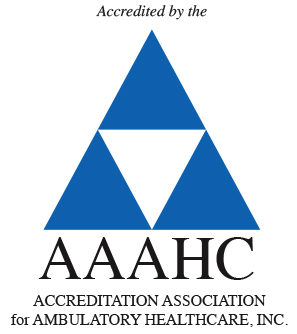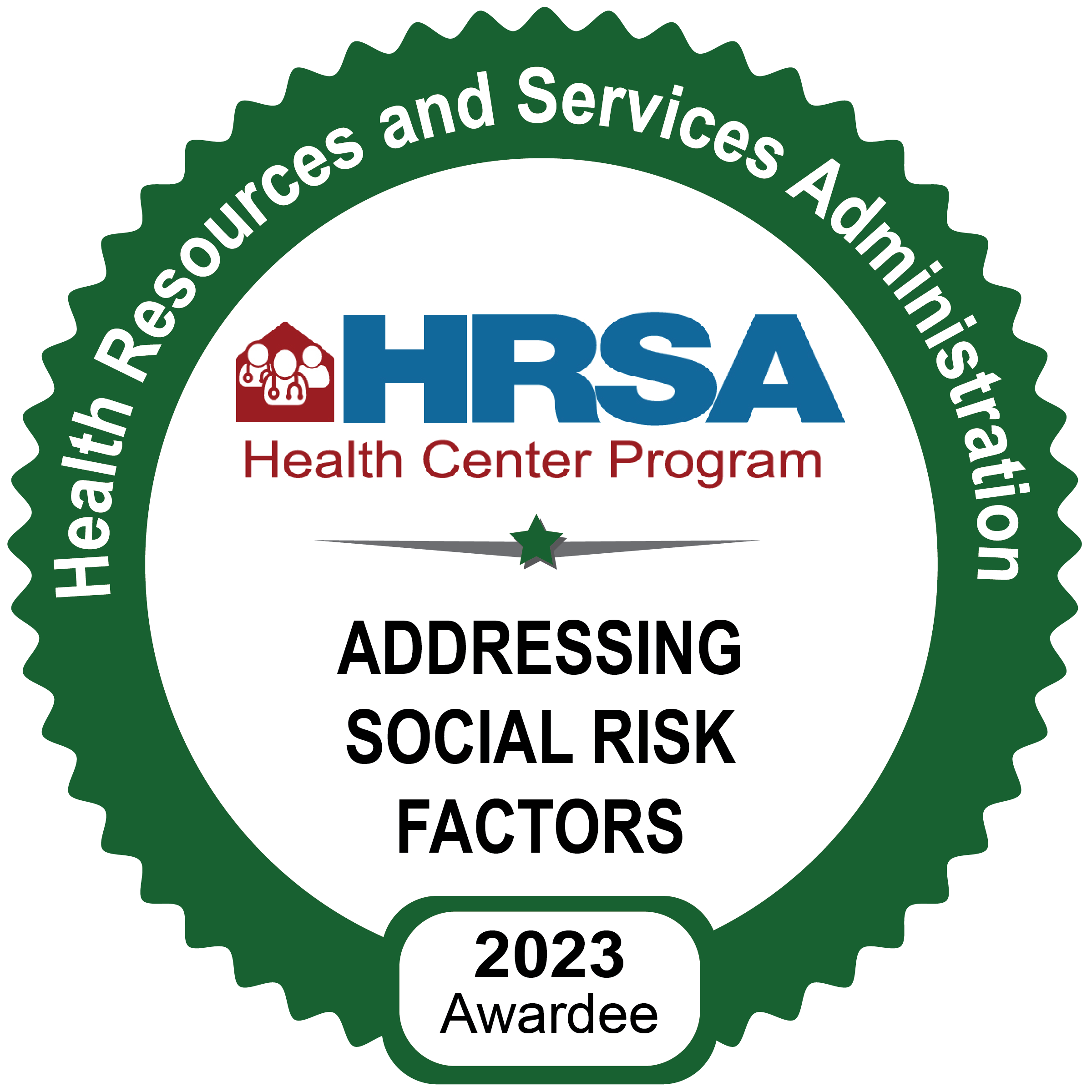To Buy Hydroxychloroquine Online Visit Our Pharmacy ↓
 Side Effects and Safety Profile of Hydroxychloroquine
Side Effects and Safety Profile of Hydroxychloroquine
Common Side Effects of Hydroxychloroquine
Navigating the landscape of hydroxychloroquine can feel like moving through Pharm Land, a world where every script comes with its own caveats. Patients often encounter a range of hangovers, including nausea, headache, and dizziness, which are part of the landscape when dealing with this medication.
The elixir might sound like a magic remedy, but it's no rainbow pill. Users must be cautious of skin reactions and mood changes—side effects that are as unwelcome as an Insurance Reject.
Even under the supervision of a trusted white coat, vigilance is key. A strategic Meds Check ensures that the undesirable side effects remain at bay.
| Common Side Effect | Explanation |
|---|---|
| Nausea | Feeling of sickness with an inclination to vomit |
| Headache | Continuous pain in the head |
| Dizziness | Sensation of spinning or losing balance |
| Skin Reactions | Rash or increased sensitivity |
| Mood Changes | Feeling depressed or anxious |
Long-term Impact on Vision and Eyes

Exploring the long-term effects of hydroxychloroquine, particularly on vision and eyes, reveals a complex narrative—not unlike the intriguing world of Pharm Land. Prolonged use can cause serious complications, such as retinopathy, a condition that may not manifest until substantial damage has occurred. Early symptoms might be subtle, making regular eye exams crucial, akin to a Meds Check tailored for your eyes. This drug, on the list of top 200, necessitates mindful use; even slight changes in visual acuity shouldn't be ignored. Pharm Techs play a pivotal role in counseling patients, ensuring awareness of potential risks and recommending periodic screenings to prevent irreversible damage.
Crucial Interactions with Other Medications
When navigating the world of hydroxychloroquine, it's essential to understand its interactions with certain compounds. For instance, this drug can alter the effects of other medications, potentially heightening their impact or diminishing their efficacy. A crucial aspect is hydroxychloroquine's interaction with compounds that prolong the QT interval, like some antiarrhythmics. This can lead to significant complications if not managed stat. Conducting a comprehensive drug utilization review ensures that patients adhere to safe combinations, minimizing adverse effects and promoting optimal health outcomes.
Special Precautions for Vulnerable Populations

Users of hydroxychloroquine need individualized attention, particularly for vulnerable groups like the elderly or those with autoimmune conditions. Regular meds check is vital to ensure that the regimen remains safe and effective over time. Meanwhile, having a detailed prescription, or script, can prevent complications from compounded interactions. Doctors should perform a thorough DUR to adjust dosages safely, avoiding toxic accumulations. It's crucial that patients communicate openly with their healthcare providers to navigate the nuances of this medication safely, ensuring a balance between benefit and risk.
Myths Vs. Facts: Misconceptions and Realities
Many people have misconceptions about hydroxychloroquine, often due to misinformation and over-exaggerated claims. For instance, it's sometimes rumored to be a miracle drug, yet it's crucial to understand the specific conditions hydroxychloroquine is approved to treat. Another myth suggests significant side effects occur immediately, yet many only surface with long-term use.
| Myth | Fact |
|---|---|
| Hydroxychloroquine is a magical elixir for all ailments. | It is primarily used for malaria, lupus, and rheumatoid arthritis. |
| Taking hydroxychloroquine can lead to immediate severe side effects. | Most side effects develop over extended use and need regular monitoring. |
Patients should closely follow the Rx and consult their healthcare provider when in doubt to avoid the "pill burden" that comes from unnecessary medication.
How to Monitor and Ensure Safe Usage
Regular [Meds Check](#)s with your healthcare provider are vital for monitoring the effects of hydroxychloroquine. This helps detect potential adverse reactions early. Your doctor might schedule frequent appointments to ensure that the therapeutic levels are maintained without reaching toxic levels. It's important to follow the prescribed "script" thoroughly, observing any "side effect" that might indicate complications. Moreover, being aware of and reporting any unusual symptoms can significantly aid in preventing serious outcomes.
For patient safety, pharmacists often conduct a [Drug Utilization Review](#), checking for interactions with other medications. It's wise to avoid "pharm parties" or combining it spontaneously with other meds, which could lead to harmful consequences. The healthcare team provides guidance like "sig" from the prescribed details ensuring you understand essential instructions on safe consumption.
Lastly, regular [Eye Exams](#) should be part of your protocol. This is crucial since hydroxychloroquine may affect vision over time. Ensuring follow-ups and adjusting doses as necessary can preserve your eyesight. Staying informed about refill procedures and utilizing a reliable "drive-thru" for easy access also promotes consistent adherence to your treatment plan.





